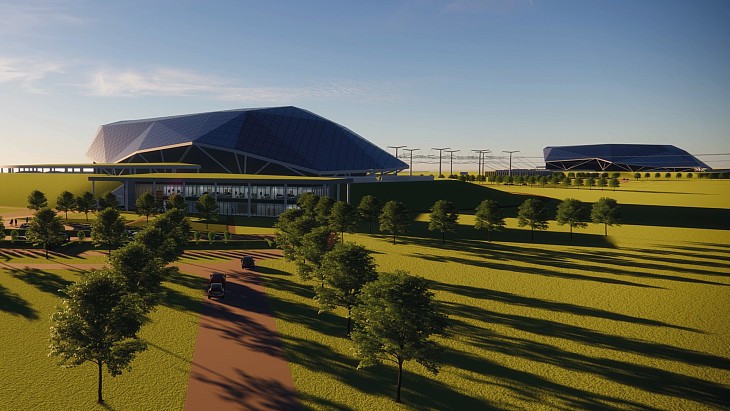The Generic Design Assessment - or GDA - process allows UK regulators to assess the safety, security and environmental implications of new reactor designs, separately from applications to build them at specific sites. The three-step process - which is voluntary - is carried out by the UK's regulators: the Office for Nuclear Regulation (ONR), the Environment Agency (EA) and Natural Resources Wales (NRW). Successful completion of the process culminates in the issue of a Design Acceptance Confirmation from the ONR and a Statement of Design Acceptability from the EA.
TerraPower formally notified UK regulators of its plans to begin the GDA approval process for its Natrium sodium-cooled fast reactor in May, and in September, it announced plans to evaluate potential UK sites for the Natrium reactor in partnership with KBR Inc.
Submission of the Natrium technology into the GDA process is a substantial step towards bringing the reactor and energy storage system to the UK, TerraPower President and CEO Chris Levesque said. "TerraPower is committed to delivering Natrium units across the globe, and our industry-leading regulatory team is setting the standard on how to license and deploy advanced nuclear technologies. We look forward to working with the UK government as we work through the review process," he added.
The first-of-a-kind Natrium sodium-cooled fast reactor plant is to be built in the USA at Kemmerer, Wyoming. TerraPower submitted an application to the US regulator in March 2024 for a construction permit for Kemmerer Unit 1. The US Nuclear Regulatory Commission recently completed its Environmental Impact Statement for the project and recommended that a construction permit be issued. Construction of the non-nuclear portions of the site are already underway.
The UK's GDA process will build on the company's experience and efforts in the USA, and will allow for TerraPower to establish deployment timelines for Natrium sites in the country, the company said.
In September, UK and US nuclear regulators announced a new initiative to streamline regulation and accelerate the deployment of advanced nuclear reactors across UK and US markets. The Atlantic Partnership for Advanced Nuclear Energy includes commitments from the regulators to significantly accelerate timeframes for decisions, by working much closer together on specific technologies where timeframes align.

_52761.jpg)



_19544_40999.jpg)


_66668.jpg)





